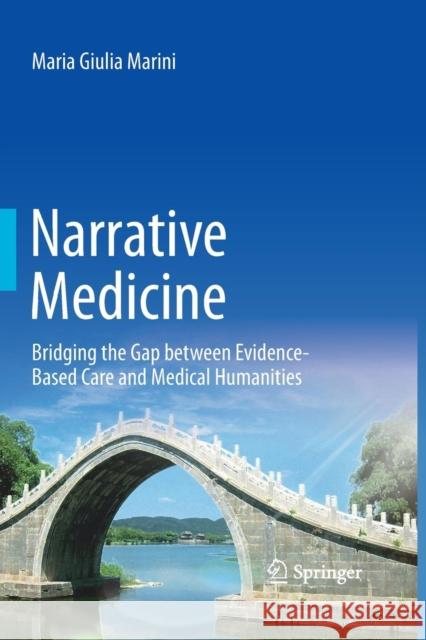Narrative Medicine: Bridging the Gap Between Evidence-Based Care and Medical Humanities » książka
topmenu
Narrative Medicine: Bridging the Gap Between Evidence-Based Care and Medical Humanities
ISBN-13: 9783319369259 / Angielski / Miękka / 2016 / 150 str.
Kategorie BISAC:
Wydawca:
Springer
Język:
Angielski
ISBN-13:
9783319369259
Rok wydania:
2016
Wydanie:
Softcover Repri
Ilość stron:
150
Waga:
0.24 kg
Wymiary:
23.39 x 15.6 x 0.91
Oprawa:
Miękka
Wolumenów:
01
Dodatkowe informacje:
Wydanie ilustrowane











